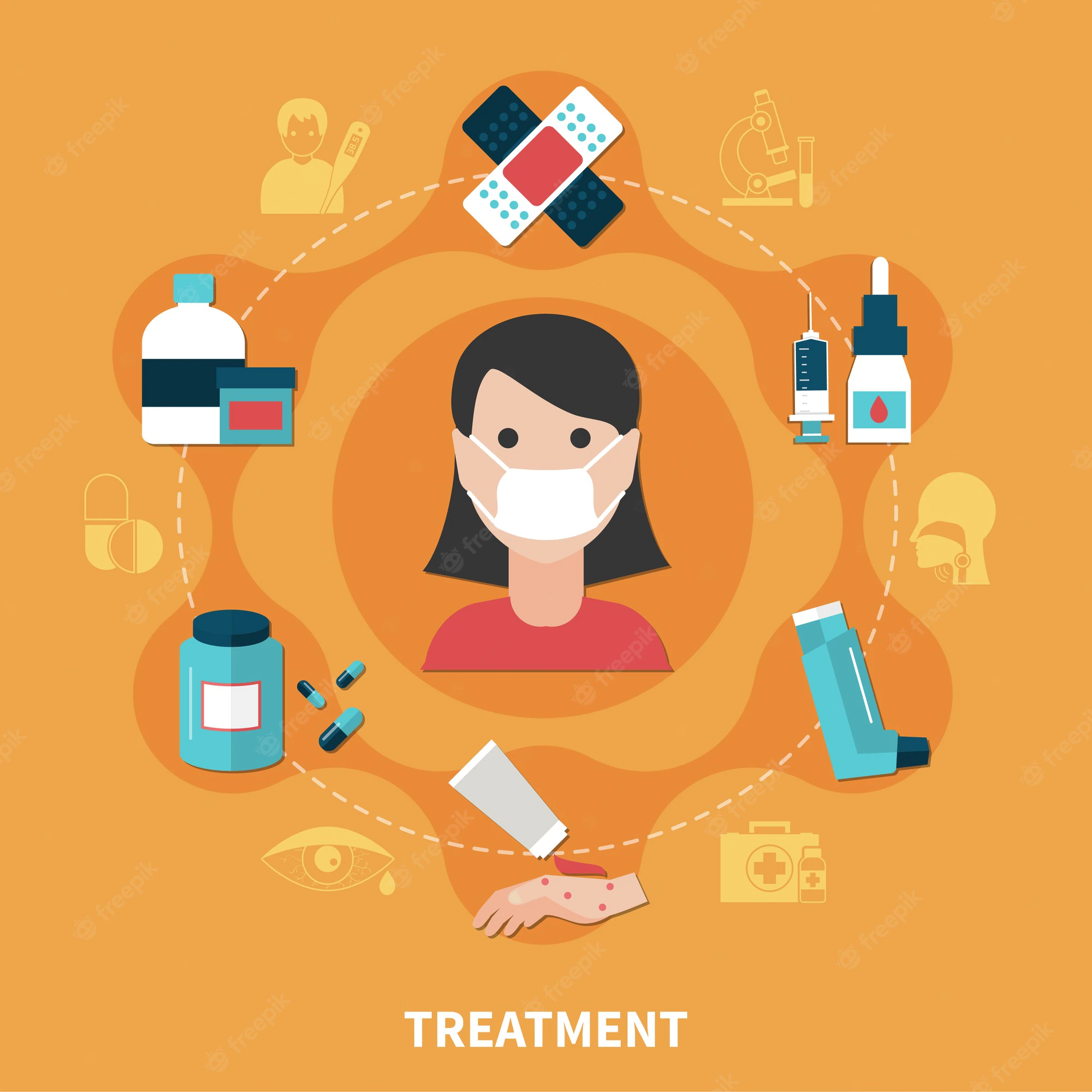
Introduction
Allergies and dry eyes are two common conditions that affect a significant portion of the population. While they may seem unrelated, there is actually a strong link between allergies and dry eyes. Understanding this connection is crucial for effectively managing these conditions and finding relief. In this article, we will explore the relationship between allergies and dry eyes, their common symptoms, and potential treatment options.
Understanding Allergies:
Allergies occur when the immune system overreacts to harmless substances, such as pollen, dust mites, pet dander, or certain foods. When exposed to these allergens, the body releases histamines and other chemicals, leading to allergic reactions. Typical allergy symptoms include sneezing, itching, nasal congestion, and watery eyes.
Dry Eyes Explained:
Dry eyes, on the other hand, result from insufficient lubrication and moisture on the eye’s surface. Tears play a vital role in keeping the eyes moist and comfortable. In individuals with dry eyes, either the tears evaporate too quickly or the eyes do not produce enough tears, leading to dryness, redness, irritation, and a gritty sensation.
The Connection:
The connection between allergies and dry eyes lies in the way allergies can exacerbate dry eye symptoms. Allergic reactions trigger an inflammatory response throughout the body, including the eyes. This inflammation can disrupt the normal tear film composition and reduce tear production, leading to dry eyes.
Shared Symptoms:
Both allergies and dry eyes share some common symptoms, making it challenging to distinguish between the two conditions. These symptoms may include itching, redness, burning, watery eyes, and a foreign body sensation. Due to this overlap, it is essential to consult with an eye care professional for an accurate diagnosis.
Allergy Medications and Dry Eyes:
Certain allergy medications, such as antihistamines and decongestants, can exacerbate dry eye symptoms. These medications can reduce tear production and contribute to dryness. If you have dry eyes and allergies, it is important to discuss potential side effects with your doctor to find suitable alternatives or additional treatments to alleviate both conditions simultaneously.
Environmental Factors:
Environmental factors associated with allergies, such as pollen, dust, and pet dander, can also worsen dry eye symptoms. These allergens can trigger an immune response in the eyes, leading to inflammation and increased dryness. Minimizing exposure to these triggers through proper air filtration, regular cleaning, and avoiding allergen-prone environments can help manage both allergies and dry eyes.
Treatment Approaches:
Treating allergies and dry eyes requires a comprehensive approach that addresses both conditions. Some effective treatment options include:
a. Allergy management: Identifying and avoiding allergens, using nasal sprays or antihistamines, and seeking immunotherapy (allergy shots) can help reduce the frequency and intensity of allergic reactions, subsequently alleviating dry eye symptoms.
b. Dry eye treatments: Artificial tears, lubricating ointments, and prescription eye drops can provide relief from dry eye symptoms. In some cases, eye inserts or tear duct plugs may be recommended to conserve tears and prevent excessive tear evaporation.
c. Combination therapies: In severe cases, a combination of allergy and dry eye treatments may be necessary to achieve optimal relief. Your eye care professional can guide you in developing a personalized treatment plan based on your specific needs.
Conclusion
Understanding the connection between allergies and dry eyes is crucial for effectively managing these conditions. Allergic reactions can exacerbate dry eye symptoms, and certain medications used to treat allergies can further contribute to dryness. By adopting a comprehensive approach that addresses both conditions, individuals can find relief and improve their ocular comfort. If you are experiencing symptoms of allergies or dry eyes, it is important to consult with an eye care professional for a proper diagnosis and tailored treatment plan.










